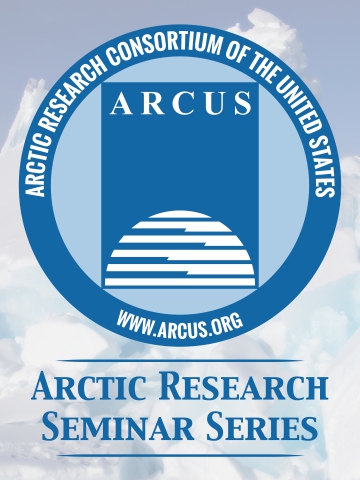Polar Day is the annual public outreach event for the Polar Forum. We strive to engage our community, the general public, faculty, students and staff in a unique event where we highlight the natural, societal, and cultural features of the polar regions. We welcome you to attend both events or a select presentation aligning with your time and interest.
Friday April 16th, 11:00 am - 12:30 pm PDT
plus
Friday April 30th, 11:00 am - 1:00 pm PDT
Friday April 16th
The Worst Journey In the World Revisited
by Kim Stanley Robinson
Kim Stanley Robinson is an American science fiction writer. He is the author of about twenty books, including the internationally bestselling Mars trilogy, and more recently Shaman, Green Earth, and 2312. He was sent to the Antarctic by the U.S. National Science Foundation’s Antarctic Artists and Writers’ Program in 1995, and returned in their Antarctic media program in 2016. In 2008 he was named a “Hero of the Environment” by Time magazine. He works with the Sierra Nevada Research Institute and the Clarion Writers’ Workshop. His work has been translated into 25 languages, and won a dozen awards in five countries, including the Hugo, Nebula, and Locus awards. In 2016 asteroid 72432 was named “Kimrobinson.” His most recent novel is The Ministry for the Future.
Friday April 30th
11:05am PDT
Conservation With Your Eyes Closed: Using Sound to Understand Our Changing Polar Oceans
by Michelle Fournet, Ph.D
Michelle Fournet is a postdoctoral researcher with the Cornell Bioacoustics Research Program (BRP) and recently completed her doctorate in Wildlife Science from Oregon State University (OSU). She is the director of the Sound Science Research Collective (SoS), a small conservation non-profit. Michelle's research is based in acoustic ecology, which mean using sound to investigate questions of ecological importance. This includes investigating how marine organisms use acoustic space (vocalizations, percussive sounds, variable sound production) as well as investigating the potential impact of noise on marine species, and how sound can be used as an indicator of ecosystem health. Michelle is particularly interested in using bioacoustics as a tool to further conservation and to assess species resilience to a rapidly changing ocean.
11:55am PDT
The Polar Adventures of a Rich American Dame A Life of Louise Arner Boyd
by Joanna Kafarowski, Ph.D
After inheriting a staggering family fortune in her thirties, California-born Louise Arner Boyd (1887-1972) achieved international notoriety as a rugged and audacious polar explorer while maintaining her flamboyant lifestyle as a leading philanthropist and society woman. Yet, despite organizing, financing and directing seven daring Arctic expeditions to Greenland, Franz Josef Land, Jan Mayen Land and Svalbard between 1926 and 1955, she is virtually unknown today.
Joanna Kafarowski is an independent scholar and geographer. She is the author of “The Polar Adventures of a Rich American Dame” (Dundurn Press, 2017) as well as the upcoming “Antarctic Pioneer A Life of Jackie Ronne.” She received her doctorate in Natural Resources and Environmental Studies focusing on gender and natural resources in the Arctic. She is a Fellow of the Royal Geographical Society and a Member of the Society of Woman Geographers Sciences Association.

